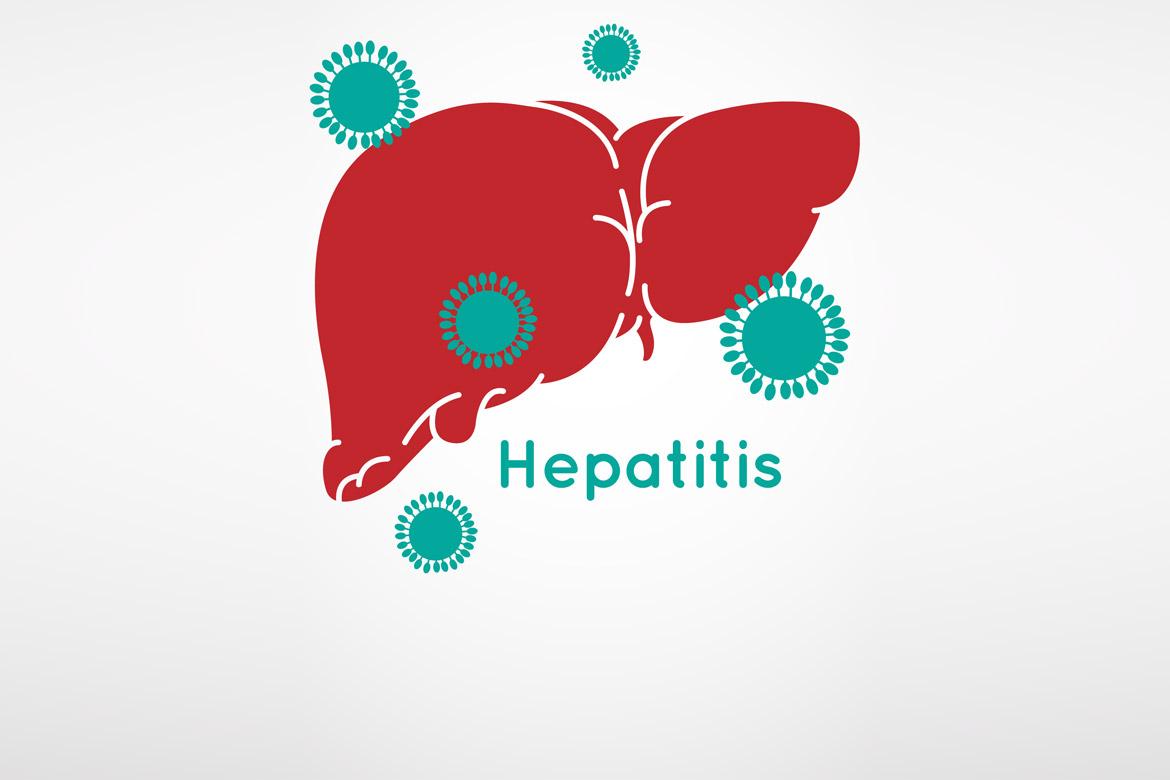-
-
Featured Care Areas

Hepatitis (A, B, C)
What is hepatitis?
Hepatitis is an inflammation of the liver. It is most commonly caused by a viral infection, but can also be due to fatty liver, alcohol abuse, chemicals, certain medications, and immune disorders.
Types of viral hepatitis
There are 5 types of hepatitis – hepatitis A, B, C, D and E – each caused by a different strain of virus, with different modes of transmission and disease severity.
The focus here will be on hepatitis A, B and C, which are the most common types of viral hepatitis.
- Hepatitis A. Hepatitis A infection is due to consuming contaminated food or fluid, causing acute inflammation and swelling of the liver. This is a self-limiting disease with symptoms lasting for several weeks. Most infected individuals recover completely and gain lifelong immunity against hepatitis A.
- Hepatitis B. Hepatitis B is the most common liver infection worldwide. While some infected individuals recover fully and become immune to the disease, a large proportion go on to develop chronic hepatitis B, a long-term condition that leads to serious complications such as liver cirrhosis (scarring) and liver cancer. Hepatitis B is endemic in Singapore and around 4% of the population are hepatitis B carriers.
- Hepatitis C. Hepatitis C infection is responsible for the development of chronic liver disease. Most infected individuals do not know they are infected or are unable to clear the virus from their body, resulting in ongoing damage to their liver. Similar to hepatitis B, hepatitis C can lead to chronic hepatitis, liver cirrhosis, liver failure and liver cancer.
What are the symptoms of viral hepatitis?
Some infected individuals are asymptomatic, meaning they do not display any symptoms.
For others, the general symptoms of hepatitis may include any of the following:
- Abdominal pain or discomfort
- Dark urine
- Decreased appetite
- Fever
- Jaundice (yellow discolouration of the skin and eyes)
- Fatigue
- Nausea and dizziness
- Oedema (swelling due to fluid retention)
- Pale stools
Depending on the type of viral infection and the individual's health condition, symptoms of hepatitis can be acute (flares up suddenly and resolves within weeks to months), or chronic (with more subtle symptoms that linger over a long term and cause progressive liver damage).
What causes viral hepatitis?
Here is how people acquire hepatitis, depending on the type:
Hepatitis A
Hepatitis A virus (HAV) is usually foodborne and transmitted through:
- Consuming shellfish from water contaminated with sewage
- Direct contact with food, drinks or objects contaminated with the virus from an infected individual
- The faecal-oral route in areas of poor hygiene and sanitation
- Blood contact, drug use or sexual contact with an infected person
Hepatitis B
Hepatitis B virus (HBV) is usually spread through blood, and can also be found in semen and vaginal secretions. Hepatitis B infection can be acquired in the following ways:
- During childbirth, from an infected expecting mother to her newborn baby
- Unsafe sexual contact with an infected person or multiple sex partners
- Sharing contaminated needles or syringes among drug users
- Other activities that involve contaminated blood entering the bloodstream of a susceptible person (e.g. accidental cuts, acupuncture or body piercing)
Hepatitis C
Hepatitis C virus (HCV) is also bloodborne, meaning it is transmitted when a person comes into contact with blood or sexual body fluid from an infected individual. This can happen through:
- Sharing contaminated needles, syringes or other injection equipment among drug users
- Using contaminated tattoo, body piercing or personal grooming tools
- Unprotected sex with an infected person
- Childbirth, from an infected mother to her newborn child
What are the risk factors for viral hepatitis?
Several environmental and behavioural risk factors increase your risk of getting hepatitis. You have a higher chance of contracting viral hepatitis if you:
- Use drugs intravenously
- Share contaminated needles, body piercing or personal grooming tools with infected users
- Engage in unsafe sexual conduct (e.g. having unprotected sex, or having multiple sexual partners)
- Live in or visit areas with poor sanitation (e.g. consuming raw shellfish, untreated water or contaminated food)
- Have poor hygiene practices (e.g. not washing hands properly after using the washroom or changing a diaper)
- Have exposure to contaminated medical instruments that were not sterilised properly
What are the complications and related diseases of viral hepatitis?
If the hepatitis infection is left untreated and becomes chronic hepatitis, it can lead to complications such as:
- Hepatic necrosis (damage and death of healthy liver cells)
- Liver fibrosis (reduced liver function caused by a build-up of scar tissue) or cirrhosis (extensive scarring)
- Liver failure
- Liver cancer
- Portal hypertension
- Vomiting or passing out of blood
- Water retention
- Jaundice
- Higher risk of bacterial infection
How do you prevent viral hepatitis?
Hepatitis A and B can be prevented through vaccination.
You can also reduce your risk of getting viral hepatitis by following these preventive measures:
- Practise good personal hygiene (e.g. washing your hands thoroughly with soap and water)
- Use a condom during sexual intercourse (if you are unsure if your partner is infected with hepatitis B or C, or if you have multiple sexual partners)
- Avoid using drugs intravenously
- Avoid sharing needles or personal items with an infected individual
- Take safety precautions when getting tattoos, body piercing or acupuncture
- Consume only boiled or clean bottled water and safely-prepared food when travelling to areas with poor sanitation
This page has been reviewed by our medical content reviewers.
Need help?
For enquiries, please call
+65 6377 3737
For appointment bookings, please WhatsApp
+65 8111 3777







